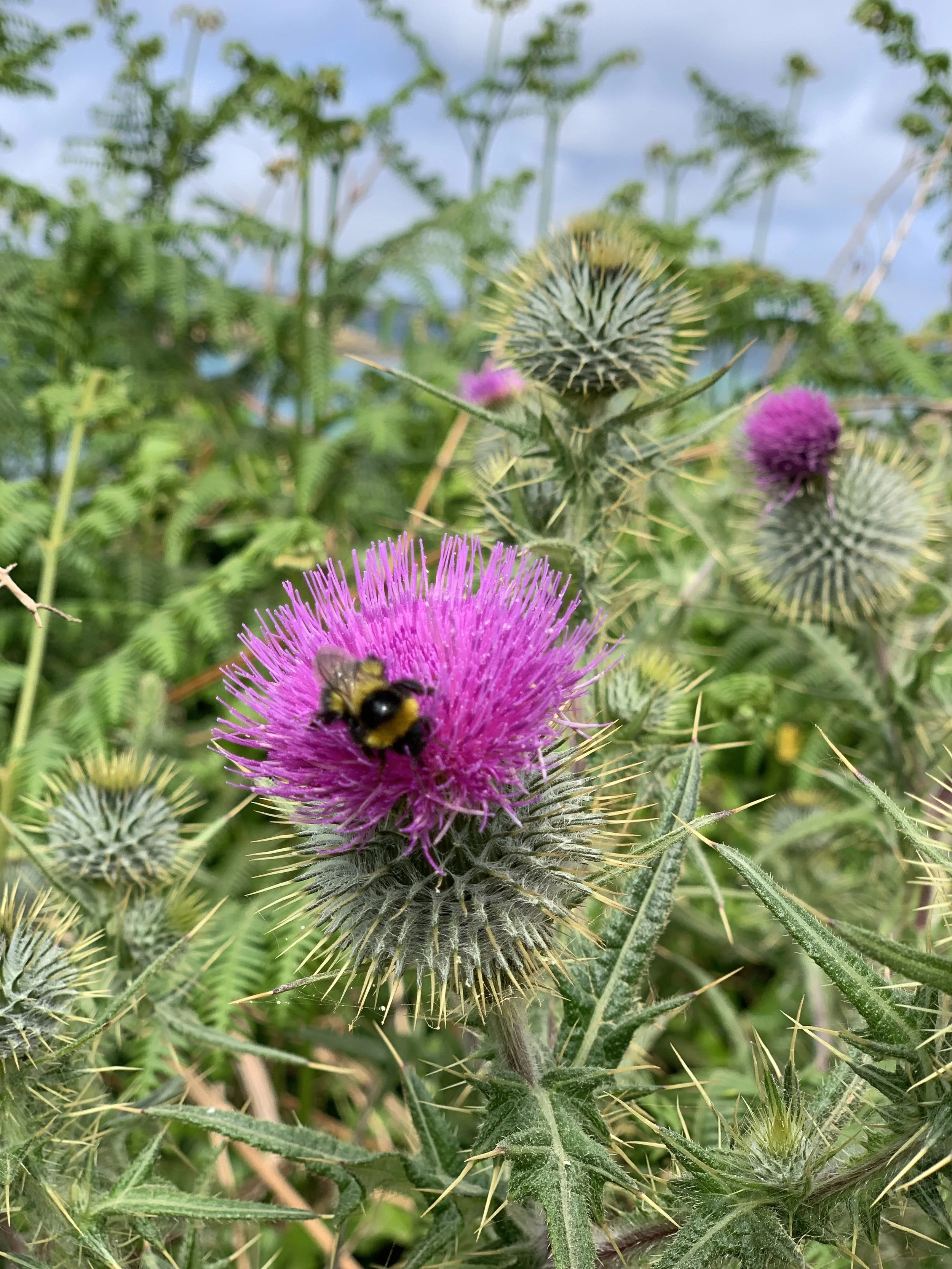“If the bee disappeared off the face of the Earth, man would only have four years left to live.”
There are many sayings that are attributed to Einstein that were nothing of the sort, and the famous saying about bees is certainly one of them. However, leaving that aside, the crux of the argument has been made by many people as to the critical importance of bees to man. This ignores three fundamental facts that need to be understood about the web of life on Earth.
Firstly there is the fact that most plants are not, in fact, pollinated be bees. Sure, bees are useful pollinators, and many fruit trees on which many people on earth depend, are indeed primarily pollinated by bees, but they are in no way the exclusive pollinators. Flies are pollinators, as are butterflies, spiders and even some birds. Even the vast majority of mosquito species are pollinators. There are climates in the world, such as the Arctic tundra, where conditions are such that bees could not survive, and yet plants are successfully pollinated.
Secondly, many plants do not require a pollinator, since their pollen is carried on the wind and dispersed looking for another tree of the same species on which to land. The grass family, wheat, sweetcorn and most of the nut trees are all pollinated by wind action, not through pollinators.
Lastly, even if land plants completely stopped being pollinated and died out we would still have something in the region of three and a half million fungi to choose from, as well as the plants of the oceans. It is no coincidence that most land-based plants and animals that are alive today have mutually beneficial relationships with fungi, because these almost certainly developed through periods, such as after catastrophic meteor impacts when sunlight disappeared for years at a time, in which fungis' lack of dependence on sunlight made them uniquely able to continue to thrive.
So, without bees our choice of food might be reduced, but it certainly wouldn't disappear. We might have to change our tastes somewhat, but it wouldn't be the end of mankind.

